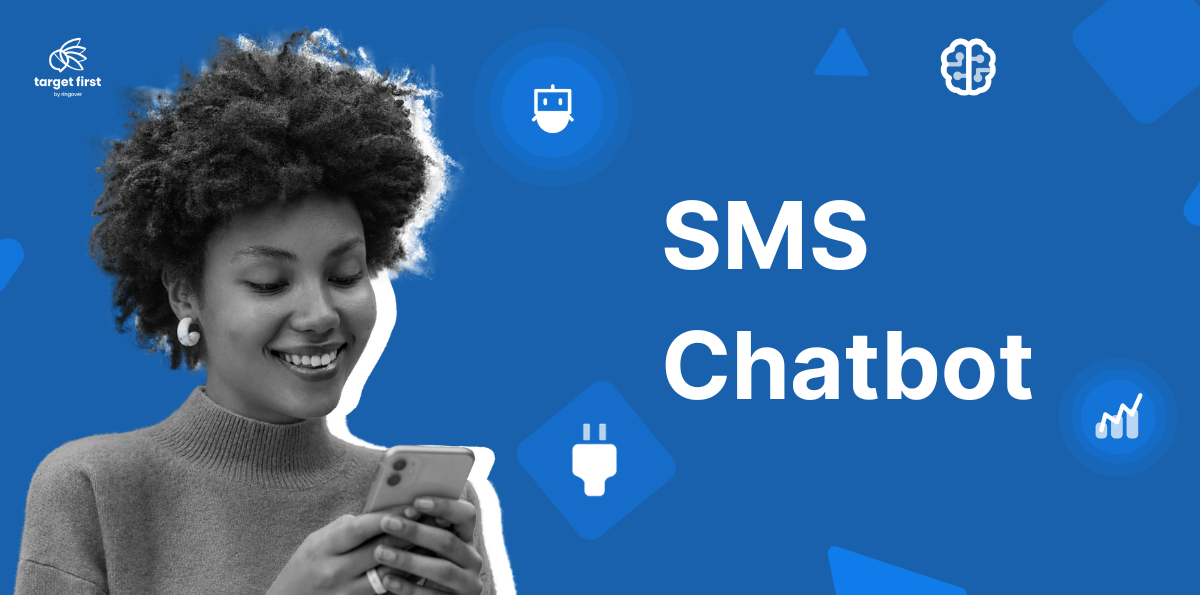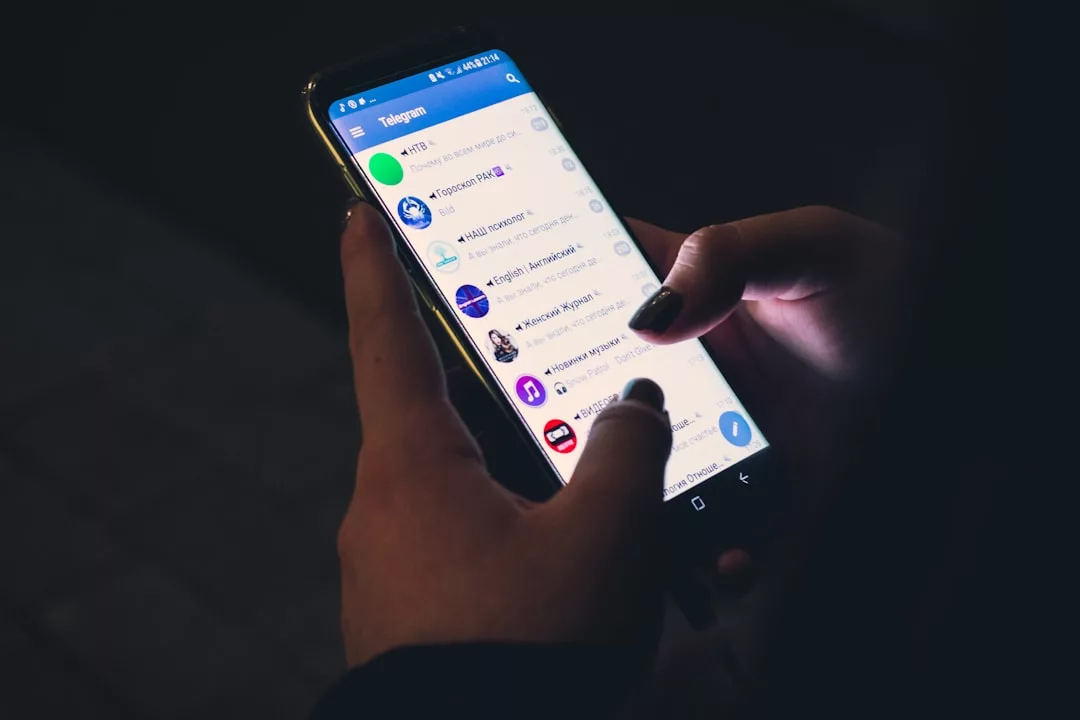What is an SMS chatbot?
SMS chatbots are gradually becoming a new ally for businesses in their customer communications. Powered by artificial intelligence, they transform a channel as old as text messaging into a modern tool for conversation and automation. But how exactly do these virtual assistants work? And more importantly, how can you integrate them intelligently into your communication strategy to get the most value out of them?
Contact Us
SMS Chatbot: Definition
An SMS chatbot is a virtual assistant capable of automatically interacting with users via text messages. In practical terms, it is software equipped with conversational intelligence that uses natural language processing (NLP). This enables it to understand incoming messages and respond instantly, without human intervention.
Its unique feature? Unlike chatbots built into a website or messaging apps like WhatsApp, it operates directly through SMS, a universal channel, accessible from any mobile phone.
This makes it a tool for direct, inclusive communication, capable of reaching both hyper-connected users and audiences who are less digitally inclined.
An SMS chatbot can operate fully autonomously or in hybrid mode: in the latter case, it hands off the conversation to a human agent whenever the request requires human expertise. This combination of machine-driven responsiveness and human insight creates a smooth, personalized, continuous customer experience.

How Does an SMS Chatbot Work?
The operation of an SMS chatbot follows a precise sequence of steps where technology serves the conversation. When a customer sends a message, the chatbot analyzes its content using natural language processing (NLP) to identify the user's intent.
Depending on the detected keywords or predefined conversational logic, it then formulates an appropriate response or triggers a specific action: booking an appointment, sending a link, issuing a delivery reminder, and more.
These scenarios are defined in advance by the business. They can be simple (a menu with multiple choices for traditional SMS chatbots) or much more advanced thanks to generative AI. Some SMS chatbots learn from interactions, enriching their knowledge base to respond with increasing accuracy and fluidity.
In terms of infrastructure, the solution typically runs on a SaaS platform that centralizes message management, conversation history, and integration with business tools (CRM, customer support, marketing automation, etc.). This ensures that every exchange can be recorded, analyzed, and linked to the customer profile.
Examples of How Businesses Use SMS Chatbots
The use of SMS chatbots has expanded significantly in recent years. Their ease of access and exceptionally high open rate (nearly 98%) make them a remarkably effective tool for boosting responsiveness and customer satisfaction. [Mobilemarketingwatch]
1. Deploying an SMS Chatbot for Customer Service and Technical Support
An SMS chatbot can instantly answer frequently asked questions: order tracking, opening hours, return procedures, etc. Its main advantage is that it provides continuous 24/7 assistance while reducing the workload of human teams.
When a request becomes more complex, the conversation is transferred to a human agent, ensuring smooth, seamless support.
2. Marketing Campaigns and Customer Loyalty
Brands use conversational SMS to launch promotional offers, provide personalized discount codes, or collect post-purchase feedback.
Thanks to contextual personalization enabled by AI, the message is no longer just a notification, it's a genuine two-way exchange.
3. Appointment Scheduling and Automated Reminders
Service professionals (healthcare, automotive, real estate, etc.) can use SMS chatbots to schedule, confirm, or reschedule appointments. SMS is also an ideal channel for sending automated reminders, reducing no-shows by nearly 40%. [PMC]
4. Recruitment and Internal Communication
In HR, an SMS chatbot can help with pre-qualifying candidates: asking questions, collecting key information, and routing them to an interview. Internally, it can also be used to inform employees via alerts, training reminders, or emergency notifications. [Hannovermesse.de]
From Messaging to Strategy: Why SMS Chatbots Are Becoming Essential for Businesses
Often seen as a simple old-school notification tool, SMS has evolved into a true strategic channel. Companies that integrate chatbots into their customer journey are experiencing measurable benefits, such as a 30% reduction in support costs and a 25% increase in customer satisfaction. [Nexgencloud]
Its value doesn't come solely from automation; it lies in the ability to maintain human-like interaction at scale. Where emails often go unanswered, SMS creates an immediate conversational space, ideal for re-engaging a prospect, guiding a customer, or reducing call volumes.
Combined with an omnichannel platform, like Target First, for example, SMS becomes a key link in a seamless customer experience, where each interaction, no matter how brief, enriches customer knowledge and improves overall performance.
In other words, this “old-school” channel is now one of the most powerful tools for direct communication: fast, measurable, and impressively cost-effective.
SMS Chatbots FAQ
What is an RCS chatbot?
An RCS (Rich Communication Services) chatbot is a conversational agent integrated into the RCS protocol, an evolution of SMS designed to deliver a richer messaging experience with interactive buttons, image carousels, read receipts, integrated payments, and more.
In practice, it feels similar to a WhatsApp or Messenger experience, but directly inside the native Android messaging app that supports RCS. For businesses, this means more visual, guided interactions while keeping the simplicity of a native messaging interface.
What's the difference between an SMS chatbot and an RCS chatbot?
SMS chatbot: Uses classic text messaging, universal, available on every phone. Simple and fast.
RCS chatbot: Uses data connection to offer an enriched experience, visuals, buttons, product cards, guided responses.
Does an AI exist that can send SMS messages?
Yes. Many AI-powered solutions today can send, receive, and analyze SMS messages automatically while adapting to the context and intent behind each message.
These systems can:
- Respond naturally
- Personalize interactions based on CRM data
- Trigger actions (appointment booking, quotes, parcel tracking, etc.)
- Follow up with prospects at the right time
Some platforms, especially those designed for contact centers, even orchestrate full campaigns using AI, business rules, and human-agent handover when necessary.
Citations
- [PMC]
Top 10 most read articles
